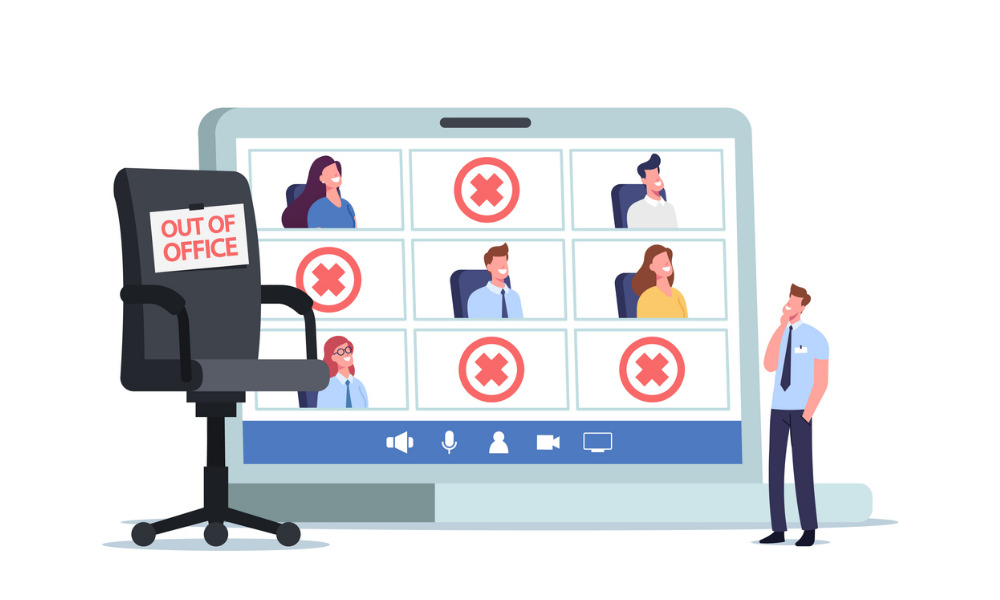
The number of people citing them as reasons also increased

The number of employees who cited sickness, illness, or injury as reason for not reporting to work have increased in March 2022, according to the latest data from Stats NZ.
The data revealed that 44,200 people out of 2.8 million employees in March 2022 were out for a full week due to sickness, illness, or injury - 67% higher than the 17,700 people during the same period last year.
Similarly, sickness, illness, or injury were also the most cited reasons why employees missed some hours during the week, up 11,400 people compared with the March 2021 quarter.
Work and wellbeing statistics senior manager Becky Collett noted that the increase coincided with the period when COVID-19 cases increased in the commnity.
"Sickness, illness, or injury as the main reason for being away from work for a full week has tended to remain fairly consistent, and in the March 2022 quarter we've seen it increase by around two thirds annually as Omicron cases began to increase in the community," said Collett.
COVID-related reasons were cited by around 17,500 during March 2022 as reason why they couldn't go to work for a week.
These numbers peaked in June 2020 and September 2021, back when New Zealand's restrictions were most strict.
Read more: Sick leave – when is it too much?
According to Collett, COVID-related reasons may not just include being sick.
"For instance, vaccine mandates, concern for safety, or being a household contact or caregiver of someone who was sick could still impact people's labour market activity without them being sick themselves," explained the official.
All employees across New Zealand should be entitled to a 10-day sick leave annually if they have been employed there for at six months, according to Employment NZ.
It said that employee can get extra five days per year when they reach their next entitlement date, which is either after six months of employment or on their sick leave entitlement anniversary.
Amid COVID-19, however, guidelines have been updated to help prevent the spread of the disease in the workplace.
Employment NZ said that if an employee tests positive, it is the first consideration of the employer to look after people.
"Employers should not require or knowingly allow workers to come to a workplace when they are sick with COVID-19," said Employment NZ.
If an employee is sick, or caring for a dependent who is sick, they may use their existing sick leave entitlements.
"If paid sick leave is not available, paid special leave should be considered. An employer and employee may agree that other leave is taken," said Employment NZ.